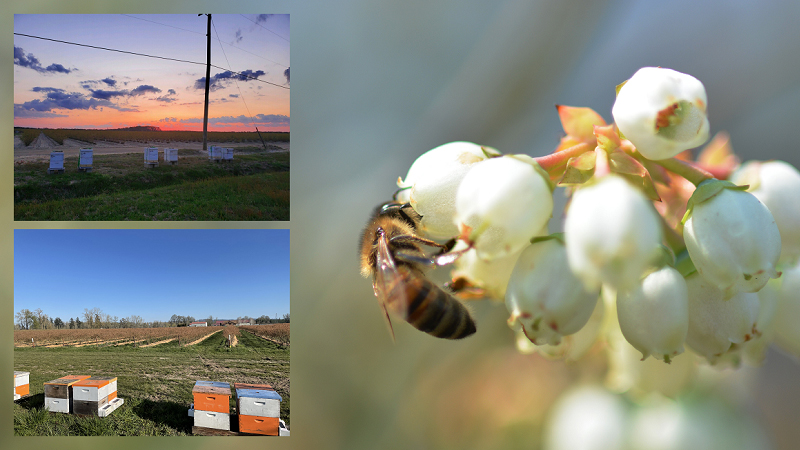Immigration, Guest Worker Reform Gain Traction in DC

During his Jan. 21 Inauguration Address, President Obama pledged to make immigration reform a top legislative priority for his second term. While immigration reform has been a theme since his first presidential campaign in 2008, Obama’s first-term focus on overhauling the health care system forced him to expend a tremendous amount of political capital, leaving his immigration agenda simmering on the back burner.
However, with Republicans struggling to quickly make up ground in appealing to the burgeoning Hispanic voting bloc, Washington, DC, is now buzzing with a flurry of bipartisan solutions to fix the nation’s immigration challenges.
Message Vs. Policy
Citizens and non-citizens living in the U.S. will have to wait and see whether these “solutions” are more about messaging than about real policy. However, as the debate moves forward, we in the agriculture community must be willing to throw our weight behind comprehensive proposals that include: replacing the broken federal guest worker program with a system that ensures the availability of foreign-born workers, and providing a more certain status for those undocumented workers currently employed in agriculture.
Of the 1.5 million workers employed by U.S. agriculture annually, between 500,000 and 900,000 are believed to be undocumented workers. But unlike most other areas of the U.S. economy where workers outnumber the number of available jobs, the agriculture industry is experiencing a serious challenge in attracting enough skilled labor to meet its needs.
The current workforce, consisting of domestic laborers supplemented by foreign H-2A and H-2B temporary agricultural program workers, continues to provide an inadequate workforce for potato growers and other specialty crop producers. Part of the problem is that the federal guest worker programs simply do not work as advertised. Countless growers are frustrated by unprecedented delays and rejections of applications to allow seasonal foreign citizens to work their farms — even those whom previously worked year after year.
In order to avoid a full-blown crisis in agriculture where product either rots in the field or production shifts to overseas competitors, the National Potato Council recently joined the Agriculture Workforce Coalition — a group made up of a broad spectrum of agriculture organizations — to ensure that agricultural employers have access to a stable and skilled workforce, including workers without U.S. citizenship.
As the reform debate continues, growers and allied industry members must be willing to vocally support their members of Congress — many of whom are conservative-leaning Republicans — when they signal their willingness to find a bipartisan solution to this problem. Securing our borders is an important part of immigration reform, yet this alone will not provide a long-term solution for agriculture.
While many in agriculture may prefer to deal with the issue by increasing the enforcement of existing immigration laws, the hard truth is that 11 million undocumented immigrants remain in this country even after decades of enforcement. If we are to find a solution to our guest worker challenges and ensure the continued competitiveness and productivity of the domestic agriculture industry, we must be willing to embrace compromise that could create paths to citizenship for some of those who are here illegally.
In order for an immigration reform package to include solutions for agriculture, growers must show support for all-inclusive plans that brings undocumented immigrants out of the shadows. By doing so, we will retain willing workers on our farms who are helping us put U.S.-grown food on Americans’ tables.










